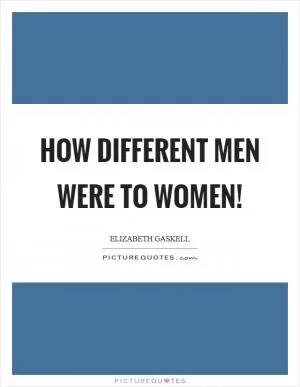It is bad to believe you in error. It would be infinitely worse to have known you a hypocrite

It is bad to believe you in error. It would be infinitely worse to have known you a hypocrite
In Elizabeth Gaskell's novel "North and South," the theme of honesty and integrity is a central focus throughout the story. The quote "It is bad to believe you in error. It would be infinitely worse to have known you a hypocrite" perfectly encapsulates the importance of authenticity and sincerity in relationships, particularly in the context of the characters and their interactions in the novel.The character of John Thornton exemplifies the idea of being perceived as a hypocrite. At the beginning of the novel, he is portrayed as a stern and unyielding mill owner, focused solely on profit and success. However, as the story progresses, it becomes evident that there is more to Thornton than meets the eye. He is a man of integrity and principle, willing to stand up for what he believes in, even if it means facing criticism and opposition from others.
On the other hand, Margaret Hale, the novel's protagonist, values honesty and truth above all else. She is a strong-willed and independent woman who is not afraid to speak her mind, even if it means going against societal norms. Throughout the novel, Margaret's unwavering honesty and integrity serve as a stark contrast to the hypocrisy and deceit of other characters, such as Mrs. Thornton and Mr. Bell.
The quote also speaks to the idea of self-awareness and self-reflection. It is one thing to make a mistake or be wrong about something, but it is far worse to knowingly deceive others and present oneself as something that one is not. In "North and South," both John Thornton and Margaret Hale are forced to confront their own shortcomings and flaws, ultimately leading to personal growth and development.












 Friendship Quotes
Friendship Quotes Love Quotes
Love Quotes Life Quotes
Life Quotes Funny Quotes
Funny Quotes Motivational Quotes
Motivational Quotes Inspirational Quotes
Inspirational Quotes